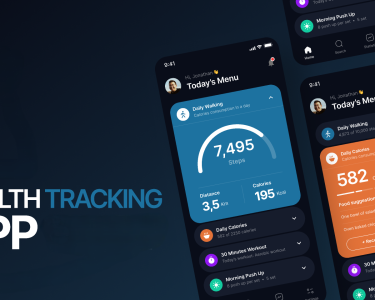For those who have long embraced the night owl lifestyle, the idea of transforming into an early bird may seem like an insurmountable challenge. However, scientific research has shed light on the numerous health benefits associated with being an early riser. From improved productivity to enhanced mental well-being, making the transition from night owl to early bird can have a profound impact on your overall health. By implementing effective strategies and adopting a positive mindset, you can successfully navigate this transformative journey.
- Understand the Power of Sleep: To make the transition to becoming an early bird, it’s essential to recognize the importance of quality sleep. Adequate and restful sleep is crucial for physical and mental well-being. Educate yourself on the recommended sleep duration for your age group and commit to prioritizing sufficient sleep each night. Understanding the benefits of sleep will serve as a powerful motivator throughout your journey.
- Gradual Shifts in Sleep Schedule: Attempting to change your sleep schedule overnight can be challenging and counterproductive. Instead, make incremental adjustments to your bedtime and wake-up time. Gradually shift your schedule by 15-30 minutes earlier each night until you reach your desired target. This gradual approach allows your body to adapt to the changes without causing excessive disruption to your sleep patterns.
- Create a Consistent Routine: Establishing a consistent sleep routine is essential for reprogramming your body’s internal clock. Set a regular bedtime and wake-up time, and strive to follow it every day, including weekends. A consistent routine helps regulate your circadian rhythm and signals your body when it’s time to sleep and wake up. Over time, your body will naturally adjust to this rhythm, making it easier to wake up early and feel refreshed.
- Optimize Your Sleep Environment: Transforming your bedroom into a sleep-friendly sanctuary can greatly enhance your ability to transition into an early bird. Ensure your sleep environment is cool, dark, and quiet. Invest in blackout curtains or an eye mask to block out external light. Use earplugs or a white noise machine to minimize noise disturbances. These adjustments create an optimal sleep environment, promoting deeper and more restful sleep.
- Morning Rituals: Start your day with purpose by incorporating morning rituals that energize and motivate you. Engage in activities that promote well-being and set a positive tone for the day ahead. This could include exercising, practicing mindfulness or meditation, journaling, or enjoying a nutritious breakfast. Developing a morning routine that aligns with your values and interests will make waking up early more enjoyable and sustainable.
- Practice Self-Compassion: Changing deeply ingrained habits takes time and patience. Be kind to yourself during this transition period and acknowledge that there will be days when the adjustment feels challenging. Embrace self-compassion and focus on the progress you’re making rather than striving for perfection. Celebrate small victories and use setbacks as opportunities to learn and refine your approach.
Conclusion: The transition from night owl to early bird is a transformative journey that holds immense potential for improving your health and well-being. By understanding the power of sleep, making gradual adjustments to your sleep schedule, establishing a consistent routine, optimizing your sleep environment, embracing morning rituals, and practicing self-compassion, you can successfully make the transition and reap the benefits of being an early riser. Remember, this journey is as much about fostering a positive mindset as it is about adjusting your sleep patterns. Embrace the new possibilities that each early morning brings and watch as your health and productivity soar to new heights.




